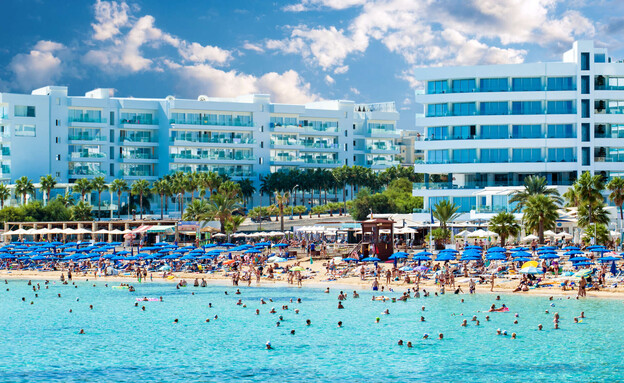The new classification catalog for hotels is shortened to 239 criteria instead of 247 as was customary until now, with some of the criteria now considered meaningless. In the meantime, the effects are also evident in reception and room service, which are shortening their working hours to deal with the labor shortage in Europe. Sewing and shoe shine equipment is no longer required in the rooms, bed linen and towels are changed only at the guest’s request and mattress cleaning is only recommended to improve the hygiene and longevity of the mattress.
Milosz Aniol, Shutterstock
The consequences of the ongoing shortage of personnel are many and permeate every aspect of the hotel’s operations. With fewer staff on hand, hotels struggle to deliver the level of service guests have come to expect. Tasks that were once handled promptly are now delayed or completely ignored by staff, leading to customer frustration. Also, maintaining cleanliness and hygiene standards is considered a top value in the hospitality sector, especially after the standard brought about by the Corona epidemic, but the limited manpower is not always able to meet the requirements.
In light of these challenges, the Hotelstars Association is calling on stakeholders in the hospitality industry to take immediate action. This includes upskilling existing staff and investing in comprehensive training programs that can mitigate the impact of labor shortages. Additionally, hotels must adopt proactive recruitment strategies to attract and retain talented individuals, including providing competitive wages, benefits and advancement opportunities.
Adopting technology can streamline operations and ease the burden on staff. Automated check-in processes, online booking platforms and digital concierge services can improve efficiency and enhance the guest experience. Furthermore, fully automated check-in and check-out services are now included in the new criteria for 1-2 star hotels as well to avoid long queues at the reception.
Marcus Lutha, President of the HSU Union. Justifies the new regulation for awarding stars in the problems of sustainability, lack of personnel and digitalization: “This approach gives our hotels – from one star to five stars – the confidence to be able to base themselves on these criteria during the next five years.” HSU member states now have until January 1, 2025 at the latest to implement the catalog at national level.
